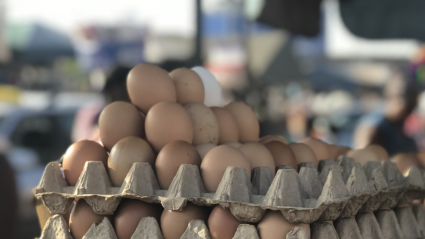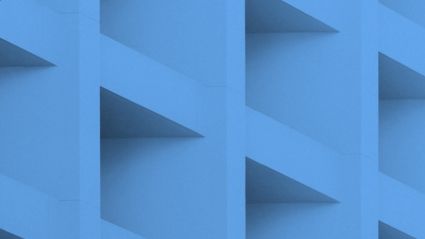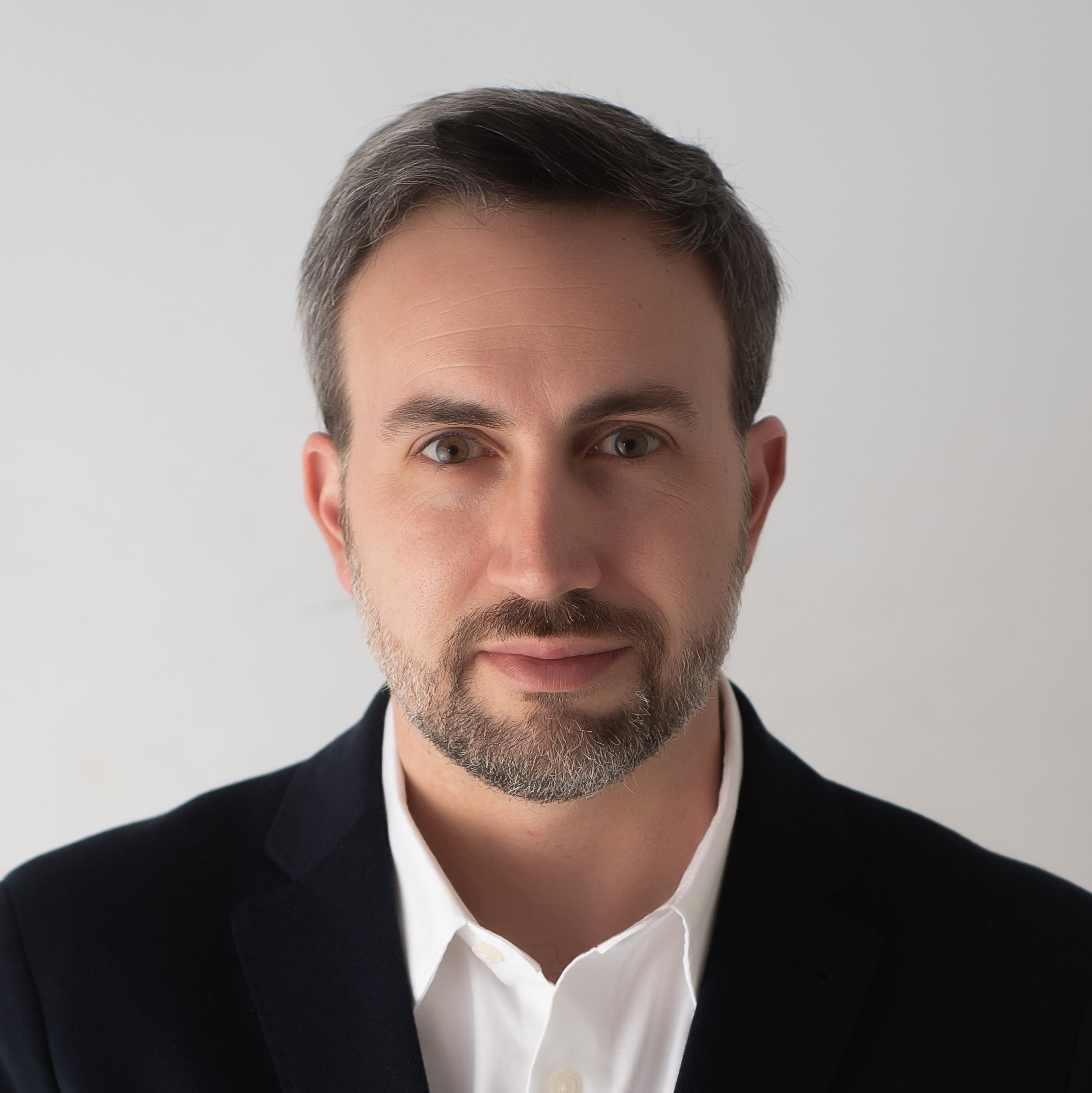
Key Takeaways
The following are a few of the main takeaways from COVID-19 Africa Watch’s conversation with Gayle Smith, President and CEO of the ONE Campaign:
The pandemic has exposed existing systemic inequalities within and across countries, and has resulted in disproportionate negative impacts on low- and middle- income countries. It is in the global community’s interest, as well as a moral obligation, to stand with those countries that have been most severely impacted by the pandemic, whether it is in terms of health and economic outcomes. Historically, it takes approximately seven years for a vaccine that is available in developed countries to be made available in developing countries. In order to make COVID-19 vaccines available to countries across the globe, an international coalition of governments, big foundations and pharmaceutical companies has created an advanced market mechanism called COVAX, whereby vaccines would be made available to low- and middle-income countries either by donation or at prices those countries can afford.
In responding to the COVID-19 crisis, the world has already spent multiple times what it would have cost to prepare every country to prevent, detect, and respond to such a threat. Leaders must now turn to building the capacity necessary to respond to future shocks and invest much more in prevention.
As the Africa Medical Supplies Platform illustrates, Africa has made a significant investment of political capital to tackle the vaccine collaboratively as a region – as such, it stands out compared to what we have seen elsewhere in the world.
Civil society has an essential part to play in the global response, and this includes taking care of each other, masking, social distancing, and holding our leaders accountable to the task of responding at a global scale.
The interview was conducted by Gwendoline Darguste, an IFC-Milken Institute Capital Market Scholar from the Central Bank of Haiti. A transcript is available below.
Transcript
Interviewer
Hello, my name is Gwendoline Darguste. I work at the Central Bank of Haiti and am an alumna of the IFC-Milken Institute Capital Markets Program. Today I am delighted to welcome Ms. Gayle Smith, who is the President and CEO of the ONE Campaign and former administrator of USAID. Good morning, Ms. Smith. To start the conversation, please explain to us what the ONE Campaign is, and please also talk about the different initiatives that you have undertaken in the midst of this global pandemic.
Gayle Smith
The ONE Campaign is an advocacy organization that’s been around for about 15 years. We have a lot of supporters, but we don’t ask them for money. What we do is ask them for their voice and we use those voices to drive campaigns that are designed to get policymakers to do the right thing. Think about a political campaign, but with no politicians.
“We need to make sure that vaccines are available to everyone everywhere because it’s the right thing to do, but it’s also the smart thing to do from a scientific perspective.”
Our mission is ending extreme poverty and preventable diseases. When the pandemic hit, we diverted everything to focusing on a few aspects of the pandemic. One is the urgency of a global response, and that comes out in a number of ways. If you think about the fact that governments all over the world, particularly in wealthier countries, have undertaken huge unorthodox steps to stabilize their economies, low-income and middle-income countries need to be able to do the same thing. Similarly, with vaccines, we need to make sure that vaccines are available to everyone everywhere because it’s the right thing to do, but it’s also the smart thing to do from a scientific perspective.
We also want to make sure there’s a focus specifically on Africa, where we’ve seen an extraordinary commitment of political leadership to fighting the pandemic, but again, the economics and the vaccine access issues are really key there. And then finally, I think everybody would agree, we probably shouldn’t do this again. So, what do we need to be doing now to build the capacity all over the world to manage these kinds of threats when they happen again?
Interviewer
Like you said, the global pandemic has shifted the focus of a lot of organizations. And last month, the world reached an agonizing milestone as the 1 millionth COVID-19 death was recorded. What is your perspective on the global response to the pandemic so far, and particularly in terms of supporting developing countries in this fight?
Gayle Smith
I would have to say that the international response thus far has been terribly inadequate. You know, normally in a crisis of these proportions, we would see the world mobilize, and even as countries acted within their own borders, that they would act together to manage the global consequences of this pandemic. But we’re in a period of fragmentation, multilateral institutions have been under some pressure and we’ve not seen that response. We’re very much fighting for it.
So, for example, there are over 30 countries that are at risk of default and insolvency because of the economic shock. So we need the entire world to mobilize around preventing that by providing relief on debt. There has been action from the IMF, and there are other steps that can be taken. We may well see improvements on this front.
I think it’s likely that the United States will be engaging a bit more internationally, which would be a great thing. Because if you think about it, this is a virus that crosses borders, and in order to manage it, none of us are safe unless all of us are safe. So we really need to put more pressure on international leaders to act globally, even while they rightly act domestically.
Interviewer
Thank you. And, also, this pandemic serves as a gateway to shed more light on disproportionate risks and the different impacts that are based on structural inequalities. For many countries in Sub-Sahara Africa, as well as in my home country of Haiti, it serves as a looking glass. What would you say are your main concerns on the long-term direct and indirect effects of this pandemic on those marginalized groups?
Gayle Smith
I think this is maybe the single most important point. You’re absolutely right. The pandemic has laid bare systemic inequalities that have always been there, but in ways where it’s much more difficult to avoid them.
In the United States, for example, we’re seeing a wildly disproportionate impact on people of color and people of lower incomes, and that’s not surprising. That’s for a reason. You know, my hope is that the impact is so clear, and it’s so dramatically wrong, that this is going to force some action that isn’t just temporary, but really is systemic. What do we need to do within our own countries to make sure that access to healthcare and viable incomes are real, tangible things for people so that when there are shocks like a pandemic, people don’t fall over the edge?
The same thing is happening globally. If you look at the impact of this pandemic, interestingly in Africa, for example, the virus itself has been bad, but we’re not seeing the kinds of numbers we’re seeing in Europe and in North America. What we are seeing is that the economic impact – that, I’m sure, is the same in Haiti – is so dramatic because of the collapse in travel, the collapse of tourism, supply chains, foreign direct investment, all of those things are affecting millions and millions of people in terms of their lives and livelihoods. My hope is that it’s so stark that the world will respond.
“What gives me a bit of confidence on this, and I’m always an optimist, is that I think people all over the world get it, are angry about it, think it’s not good enough, we’ve got to do something about it.”
What gives me a bit of confidence on this, and I’m always an optimist, is that I think people all over the world get it, are angry about it, think it’s not good enough, we’ve got to do something about it. So I think – I hope – we are entering into an era where we’ll see greater accountability from our leaders to give us not just band-aids, but truly systemic change. It’s in our interest and I think it’s our moral obligation to stand with Haiti, to stand with Africa, to stand with people all over the world, to make sure that everyone in the world is able to recover from the shock.
Interviewer
You also mentioned the necessity to have a better plan to distribute the vaccine. What advice would you have for policymakers in the African region and also for the private sector to address the different concerns that come into the distribution of this vaccine?
Gayle Smith
I think there are a couple of things we’ve got to think about. The first is that it’s going to take a while for a vaccine to be deployed. How are we going to distribute that vaccine? First are the frontline workers, the healthcare workers and the essential workers that we are all relying on, not only for our health, but for the millions of us who are working from home, there are people out there working on our behalf every day. We need to urgently protect them first. And next I think the most vulnerable to the virus.
“The key thing will be ensuring that we don’t see what we’ve seen historically, which is that it usually takes seven years for a vaccine that’s available in developed countries to be made available in developing countries.”
And then there’s something that’s often done with vaccines as was done, for example, with the Ebola vaccine: where there’s an outbreak, you try to encircle it, and vaccinate everybody around it so it doesn’t spread. The key thing will be ensuring that we don’t see what we’ve seen historically, which is that it usually takes seven years for a vaccine that’s available in developed countries to be made available in developing countries. Now that’s wrong on the face of it, but in this case, that will extend the life of the pandemic if we don’t control it everywhere.
Now there is, under something called the Access to COVID-19 Tools (ACT) Accelerator, an international coalition of governments, big foundations, pharmaceutical companies that has created an advanced market mechanism called COVAX. Money goes into that, it buys in bulk, and those vaccines are (not exclusively, but predominantly) made available to low-income countries either by donation or at prices that are more affordable.
To make that succeed even in the first round, there’s got to be $38 billion mobilized by April 2021. So we have got to get to work on that. And then we’ve got to look at where a vaccine is manufactured. Thus far, I don’t think the global plan is as it should be in part because the WHO, which has a huge responsibility for this, has been unfortunately constrained by the US decision to withdraw support. Hopefully that will change. We can count on the WHO to use COVAX and use the ACT accelerator as vehicles for making sure that everybody everywhere has access.
Interviewer
Yes, and this goes back again to the question of the necessity of leadership. The pandemic so far has, of course, had an impact on the recently completed U.S. presidential election; and in Africa, several countries have also recently gone through elections or experienced widespread civic and social movements. I’m thinking of Guinea, of Côte d’Ivoire, Ethiopia, and Nigeria just to name a few. What advice would you have for those African leaders as well as civil society as a whole?
Gayle Smith
Well, you know, when I think one of the things it takes to manage a pandemic, you need science, you need expertise, you need to invest financial capital, but you also need to invest political capital. And I think of those leaders who have done that. Look at New Zealand – there is a reason that there was an election that was won overwhelmingly, and I think if Jacinda Arden ran for election globally, she’d probably score very, very well. Why? She’s done an extraordinary job of managing the pandemic there and investing her own political capital into that enterprise.
Africa has also seen a significant investment of political capital – it’s not universal, and as such it stands out compared to what we’ve seen elsewhere in the world. I’ll give you an example. You may recall from early in the pandemic, these crazy food fights over PPE and medical supplies – like ships being taken on the high seas. And here in the U.S. we had states competing against each other. By contrast Africa, under the African Union, built a supply chain for the continent so that every country can go on a portal, buying in aggregate, it’s all very calm, countries are not fighting each other over it. Through the Africa Medical Supplies Platform, they’re systematically acquiring and delivering the PPE and medical supplies that are needed across the continent. Political leadership did that. And that’s smart leadership. I think that’s leadership that will be rewarded.
“My advice to politicians and to leaders would be: this pandemic isn’t about you, it’s about your people. And if you focus on delivering to them, you’ll do very well.”
My advice to politicians and to leaders would be: this pandemic isn’t about you, it’s about your people. And if you focus on delivering to them, you’ll do very well. As for the civil society side, I would say, we all need to keep doing our bit: taking care of each other, masking, social distancing, all the things we know help. We also need to fight for transparency and to hold our leaders accountable because ultimately, we elect people to make sure that we’re secure, safe and well. If they do it, that’s great, and if they don’t, they should be called out on it.
Interviewer
What would you believe are three lessons that other regions could learn from those African leaders?
Gayle Smith
One is to think like a region. I think for a trans-border threat, like this one, that makes a lot of sense, but it also makes sense for a lot of other reasons.
I think the second lesson is about building capacity. In 2016 the Africa Centers for Disease Control (the Africa CDC) was established, based in Addis Ababa, as a continent-wide monitoring, predictive health, and health management institute. It has building that capacity while also building capacity within individual countries.
“In responding to the pandemic, the world has already spent multiple times what it would cost to prepare the entire world to preventing, detecting, and responding to these kinds of viruses.”
Then I think of a third lesson that is true of every virus I’ve ever been up against – and I have fought a lot of viruses in my time. I don’t know that this comes from Africa specifically, but we always say, “Prevention, prevention, prevention.” It really, really matters. In responding to the pandemic, the world has already spent multiple times what it would cost to prepare the entire world to preventing, detecting, and responding to these kinds of viruses. We don’t want to invest the money in prevention, then we wait until something happens and we end up spending so much more money than we ever had contemplated. So how do we build in the preventative capability right now? We can do it. It’s not that expensive. And I would hope everybody’s learnt the lesson that failure to do that when we know we’re facing more threats like this, is not just irresponsible – it’s foolish.
Interviewer
I agree. Thank you so much, Ms. Smith. The Milken Institute and I, again, thank you for these insights. Please keep up the great work! Goodbye, and stay safe.
Gayle Smith
Thank you so much Gwen. I really enjoyed doing this. You keep up the good work, too.



